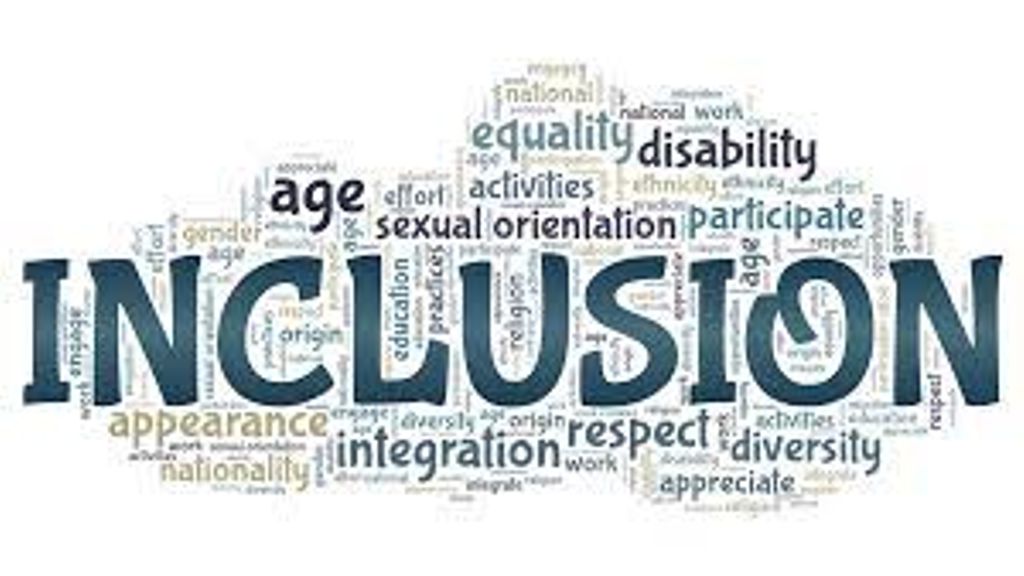Recently, Wall Street Journal demanded that you “Stop Telling Everyone What You Do for a Living.” The paper stated that you talking about your job can hurt someone’s feelings. For example, think about all the people who don’t like to get up at 8 am and put on a clean shirt. They may be stuck with a “low rank” job they are not proud of. And what about a budding Generation Z “genius” who has just been laid off by Facebook? The kid just lost a free gym membership and three nutritious meals a day. Think about the trauma you caused by your incessant need to tell everyone that you still have a job. How can one be so cruel?
At first, I wrote a hasty response to Wall Street Journal. But after some deep thought and a drink, I realized the profound kindness of the author. Her article was not an exercise of pandering to the “perpetual outrage” crowd, which is a constantly hungry beast demanding a new “atrocity” every 5 minutes. The author was genuinely concerned about the feelings of the people who would rather talk about their preferred pronouns than about their jobs.
As I thought about it, I discovered other topics that you may have considered appropriate for a casual conversation, but in fact, they may be harmful and offensive. I came up with a list of additional topics that may hurt other people’s feelings, and therefore, they must be completely erased from polite society.
- Stop telling everyone what type of food you prefer. Saying you like a good steak is just bragging that you can afford an expensive piece of meat. Telling people that you made an omelet for breakfast is just a painful reminder of what inflation has done to the price of eggs. Talking about your favorite food is nothing but “a status competition” to show off the expensive restaurants you have visited.
- Stop telling people where you live. Your address in a posh Bay Area neighborhood reminds a young family just starting to search for a house that the only affordable place is located 50 miles away from their jobs. And besides, even mentioning that you have a home marginalizes “the unhoused community” which represents a large part of California population.
- Stop telling people about your hobbies. The theme of your latest book club reminds everyone how many kids in our country can’t read. Bragging to your friends about your latest half marathon reminds someone that their kid has a broken leg, or that their grandma just had a hip replacement.
- Stop excusing yourself when you need to use the bathroom. Think about all the “gender non-conforming people” who are still not allowed to use the bathroom of their choice.
But to get serious for a moment, the idea that a society must change its behavior to make every member feel comfortable is not only ridiculous, but also harmful. “A social stigma,” in most cases, is society’s way of letting you know that you are making poor behavior choices that are harming your own life in the first place.
Social stigma is very similar to physical pain, which makes us feel terrible, but is, in fact, a natural defense mechanism to let us know something is not right. Putting your hand on a hot stove produces a jolt of pain which makes you take your hand off the stove. If not for pain, you might keep your hand on a hot surface until your hand is harmed beyond repair. Would you rather feel the pain, or lose your hand?
Very similarly, society’s “inclusion” of people practicing bad behavior does not make anyone any happier – it just dupes the person into thinking their behavior is normal while they continue to destroy their lives. For example, incentivizing homelessness is not “compassion” – it is a cruel policy that leads to suffering and thousands of deaths. By glorifying perversions as “care,” you trap young people in a delusional state of mind that will eventually destroy their futures. And, to get back to the WSJ article, avoiding “uncomfortable” conversation about someone’s job is not “being supportive” – it’s glossing over the fact that they are stuck with the job they hate, and that’s totally fine (it’s not!)
While bullying is never acceptable, removing social stigma from bad behavior choices not only leads society into chaos, but it also destroys the life of a person practicing that behavior. Feeling constant physical pain should make you search for the underlying cause, and perhaps, go to a doctor, which might save your life. Similarly, feeling constantly “stigmatized” by society is intended to make you do a deep soul searching and change your own behavior that is the true “root cause” of your unhappiness.







